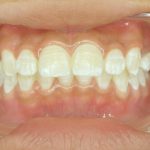5 Effective Ways to Reduce Swelling After Wisdom Teeth Extraction

Wisdom teeth extraction is a common surgical procedure that most people have to go through at some point in their lives. While it is a relatively simple and straightforward procedure, it can still cause discomfort and swelling afterwards. Swelling is a natural part of the healing process and typically lasts for a few days after the surgery. However, it can be uncomfortable and even painful, making it difficult to eat, drink, or speak. Fortunately, there are several effective ways to reduce swelling and promote healing after wisdom teeth extraction. If you’re experiencing swelling after wisdom teeth extraction, don’t worry – you’re not alone. Many people experience some degree of swelling after the procedure. The good news is that there are several simple and effective ways to reduce swelling and promote healing. In this article, we’ll explore five of the most effective ways to reduce swelling after wisdom teeth extraction. From using ice packs and eating soft foods to taking pain relievers and using natural remedies, these tips can help you feel more comfortable and get back to your normal routine as quickly as possible.
Wisdom teeth extraction is a common dental procedure in which the third molars, also known as wisdom teeth, are removed from the back of the mouth. This procedure is often necessary when the wisdom teeth become impacted, meaning they don’t have enough room to grow properly and cause pain or other dental problems. Wisdom teeth extraction is typically performed under local anesthesia, and the recovery process can take several days. During this time, patients may experience swelling, pain, and discomfort, which can be managed with proper aftercare techniques such as taking pain medication, using ice packs, and avoiding hard or crunchy foods. By following these guidelines, patients can reduce swelling after wisdom teeth extraction and promote a faster and more comfortable recovery.
Swelling is a common side effect that occurs after the extraction of wisdom teeth. This happens because the body’s natural response to injury is to increase blood flow to the affected area, causing inflammation and swelling. During the extraction procedure, the tissues surrounding the tooth may become damaged or irritated, leading to the release of various chemicals that trigger the body’s immune response. The accumulation of fluid and blood in the tissues surrounding the extraction site can cause swelling, which can be uncomfortable and may interfere with the healing process. However, there are several effective ways to reduce swelling after wisdom teeth extraction, including applying ice packs, taking anti-inflammatory medications, and avoiding certain foods and activities that can aggravate the swelling.
Ice Packs
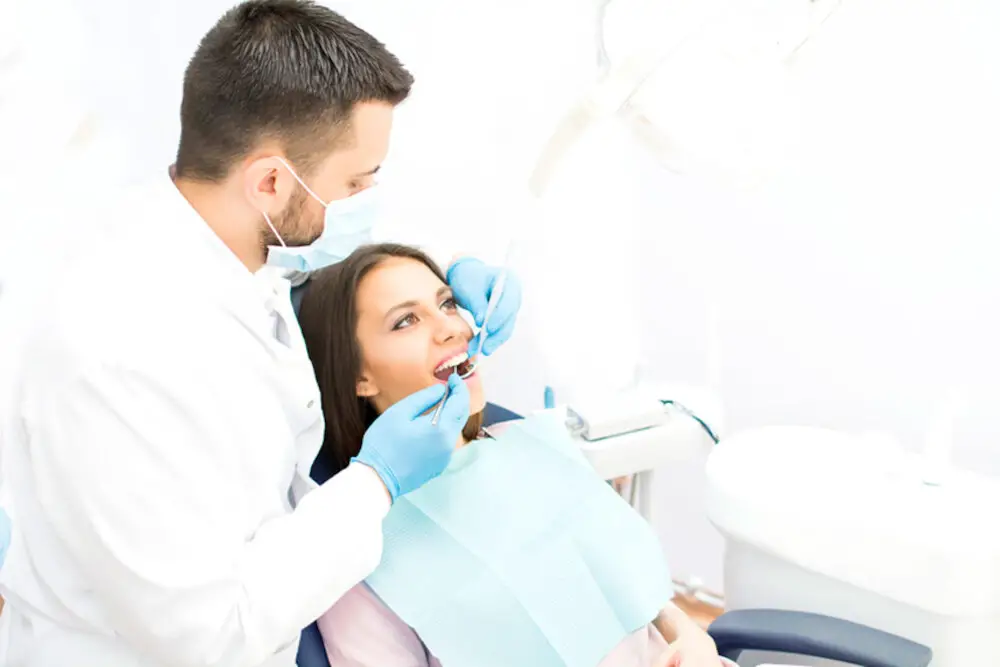
Ice packs are an effective way to reduce swelling after wisdom teeth extraction. Ice packs work by constricting blood vessels, which decreases blood flow to the affected area and reduces inflammation. Applying ice packs to the cheeks near the extraction site for 20-minute intervals can help to reduce swelling and discomfort. It is important to note that ice should not be applied directly to the skin, as it can cause damage. Instead, the ice pack should be wrapped in a towel or cloth before being applied to the affected area. When using ice packs to reduce swelling after wisdom teeth extraction, it is important to remember that they should be used in conjunction with other treatments, such as pain medication and rest. It is also important to avoid applying heat to the affected area, as this can increase inflammation and delay healing. If swelling persists or worsens after several days, it is important to contact your dentist or oral surgeon for further evaluation and treatment. With proper care and attention, swelling after wisdom teeth extraction can be effectively managed, allowing for a smooth and speedy recovery.
Using ice packs is an effective way to reduce swelling after wisdom teeth extraction. To start, wrap a few ice cubes in a towel or use a pre-made ice pack and apply it to the swollen area for 20 minutes at a time, with 20-minute breaks in between. This can help constrict blood vessels and decrease inflammation. It’s important to avoid applying the ice directly to the skin, as this can cause damage. Also, make sure to limit your use of ice packs to the first 48-72 hours after the procedure, as using them for too long can actually slow down the healing process. By following these guidelines, you can use ice packs to effectively reduce swelling and promote healing after wisdom teeth extraction.
Using ice packs is one of the most effective ways to reduce swelling after wisdom teeth extraction. Ice packs work by constricting the blood vessels, which reduces blood flow and inflammation in the affected area. The cold temperature also helps to numb the area, which can provide pain relief. Additionally, ice packs are easy to use and can be applied as frequently as needed throughout the day. They are also inexpensive and readily available, making them a convenient option for anyone seeking relief from post-operative swelling. Overall, using ice packs is a safe, natural, and effective way to reduce swelling and promote healing after wisdom teeth extraction.
Salt Water Rinse
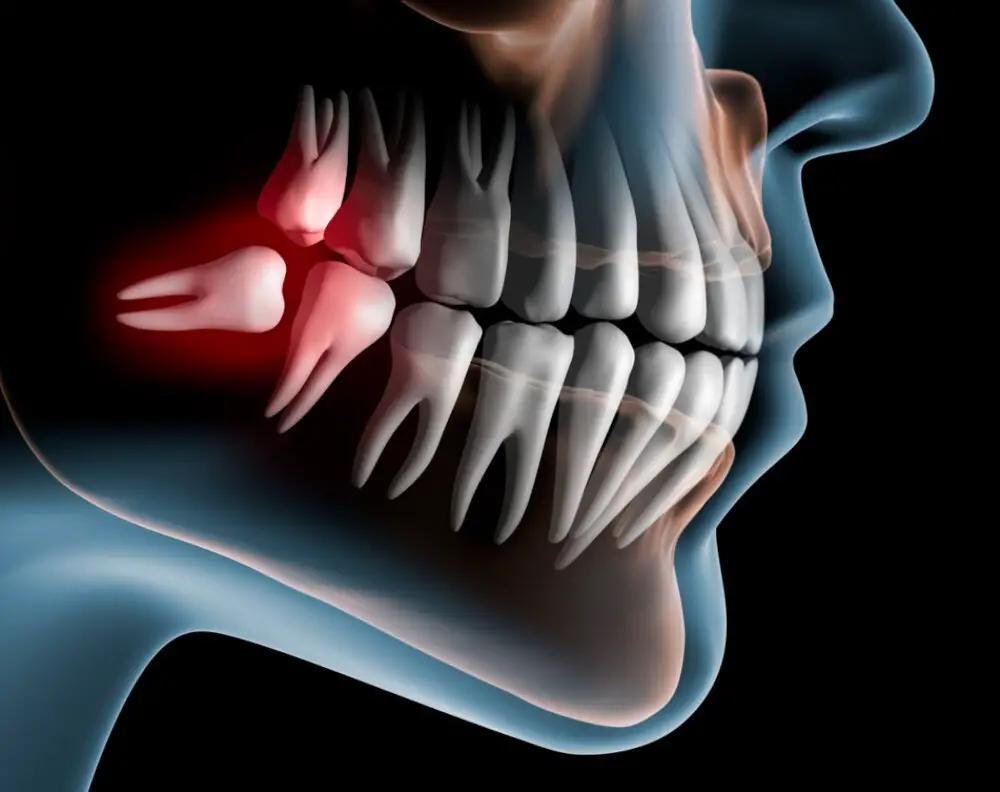
After a wisdom tooth extraction, swelling is a common occurrence that can be quite uncomfortable. One effective way to reduce swelling is by doing a salt water rinse. This simple and inexpensive method works by reducing inflammation and promoting healing in the affected area. To prepare the rinse, mix one teaspoon of salt into a glass of warm water and stir until the salt dissolves. Then, gently swish the solution around your mouth for about 30 seconds before spitting it out. Repeat this process several times a day, especially after meals, to keep the area clean and promote healing. Salt water rinses have been used for centuries as a natural remedy for various oral health issues, such as gum disease and tooth infections. The salt helps to create an environment that is hostile to bacteria, which can help to prevent infections and promote healing. Additionally, the warmth of the water can help to increase blood flow to the area, which can also aid in the healing process. Overall, a salt water rinse is a simple and effective way to reduce swelling and promote healing after a wisdom tooth extraction.
Performing a salt water rinse is a great way to reduce swelling after wisdom teeth extraction. To do this, mix one teaspoon of salt in a glass of warm water and stir until it dissolves completely. Take a sip of the solution and swish it around your mouth for 30 seconds before spitting it out. Repeat this process several times a day, especially after meals and before bed. The salt water rinse helps to kill bacteria in the mouth, reduce inflammation, and promote healing. It is important to avoid using mouthwash or any other products with alcohol as it can delay the healing process.
Using a salt water rinse is a simple yet effective method to reduce swelling after a wisdom teeth extraction. Not only does it help to reduce inflammation, but it also promotes healing by flushing out bacteria and debris from the affected area. The salt water solution works by creating an osmotic effect, which draws out excess fluid and reduces swelling. Additionally, salt has natural antibacterial properties, which can help prevent infection and promote faster healing. Overall, incorporating salt water rinses into your post-extraction care routine can greatly improve your recovery experience and help you achieve a quicker and more comfortable healing process.
OvertheCounter Medications
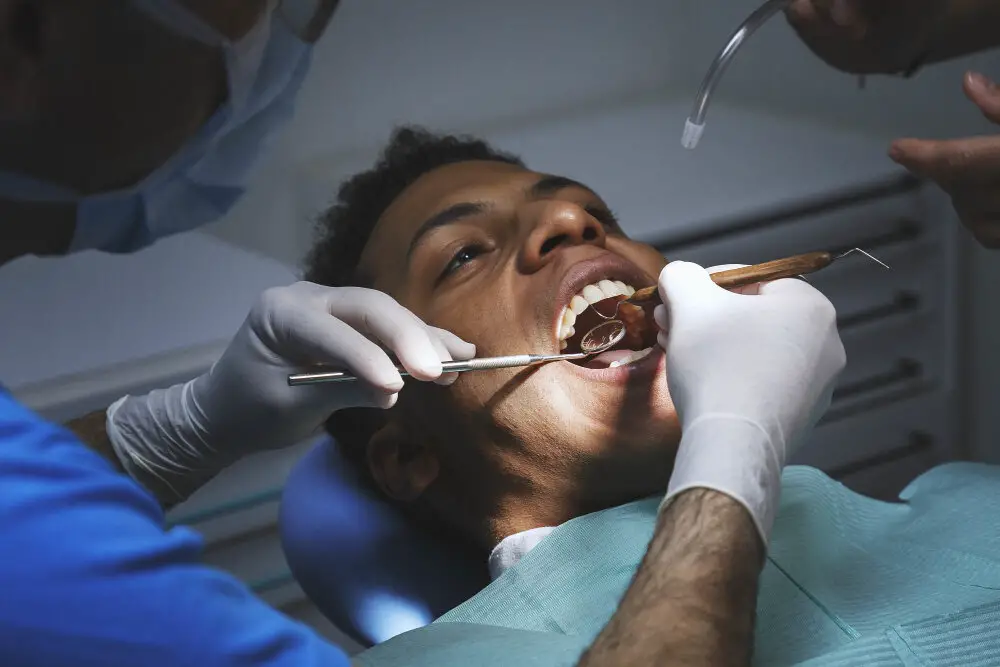
Over-the-counter medications, commonly referred to as OTC, are drugs that can be purchased without a prescription from a healthcare provider. These medications are often used to treat minor illnesses, including headaches, colds, and allergies, among others. OTC medications can also be used to manage pain and inflammation after wisdom teeth extraction. Some common OTC medications for pain management include acetaminophen, ibuprofen, and naproxen. These medications work by blocking the production of prostaglandins, which are chemicals responsible for pain and inflammation. It is essential to follow the instructions on the label and consult a healthcare provider before taking any medication. OTC medications are widely accessible, making them a popular choice for managing pain and inflammation after wisdom teeth extraction. However, it is essential to note that not all OTC medications are suitable for everyone. Some medications may interact with other drugs or have adverse effects on certain individuals. It is crucial to speak with a healthcare provider before taking any medication to ensure that it is safe and effective for your specific needs. Additionally, it is important to follow the recommended dosage and not exceed the maximum dose, as this can lead to further complications. Overall, OTC medications can be a useful tool in managing pain and inflammation after wisdom teeth extraction, but it is important to use them responsibly and under the guidance of a healthcare provider.
Over-the-counter medications can be helpful in reducing swelling after wisdom teeth extraction. One of the most commonly used medications is nonsteroidal anti-inflammatory drugs (NSAIDs) such as ibuprofen and aspirin. These medications work by reducing inflammation and pain by blocking the production of certain enzymes in the body. Another type of medication is acetaminophen, which is commonly used to relieve pain and reduce fever. Additionally, antihistamines such as diphenhydramine can also help reduce swelling by blocking the release of histamine, which is a chemical that causes inflammation. It is important to consult with a healthcare professional before taking any medication, especially if you have any underlying medical conditions, allergies, or are taking other medications to avoid any potential side effects or interactions.
When using over-the-counter medications to reduce swelling after wisdom teeth extraction, it is important to take certain precautions to ensure safety and effectiveness. First, always read the label and follow the recommended dosage instructions carefully. It is also important to check for any potential interactions with other medications or medical conditions. In addition, avoid using multiple products containing the same active ingredient, as this can lead to overdose. If you experience any adverse reactions, such as allergic reactions or severe side effects, stop using the medication and consult your healthcare provider immediately. Finally, never exceed the recommended dosage or use the medication for longer than recommended, as this can lead to serious health problems.
Rest and Elevation
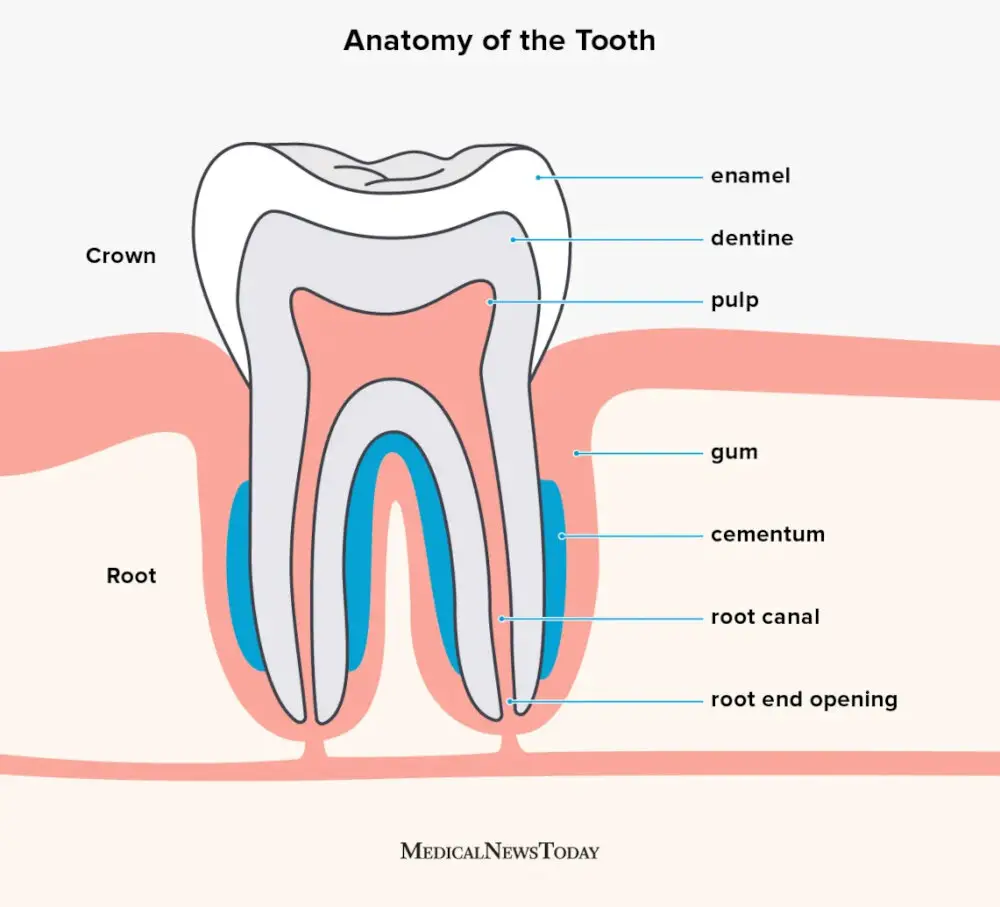
Rest and elevation are crucial components of reducing swelling after wisdom teeth extraction. Resting allows the body to focus its energy on healing, rather than expending energy on other activities. It is important to avoid strenuous activity, such as exercise or heavy lifting, for the first few days after the procedure. Additionally, it is recommended to keep the head elevated while resting, as this helps to reduce blood flow to the area and prevent swelling. Elevation is also an effective way to reduce swelling after wisdom teeth extraction. Elevating the head above the heart allows gravity to assist in draining excess fluid from the affected area. This can be achieved by using a pillow or several pillows to prop the head up while resting. It is important to maintain this elevation for several days following the procedure to ensure the best results. Combining rest and elevation is a simple but effective way to reduce swelling and promote healing after wisdom teeth extraction.
Resting and elevating the affected area are crucial steps in reducing swelling after wisdom teeth extraction. When you rest, it allows your body to heal faster as it conserves energy and focuses on repairing the damage. Elevating the affected area helps to reduce blood flow and fluid buildup, which can contribute to swelling. You can elevate the area by propping up pillows or using an ice pack for 20 minutes at a time. It’s important to avoid lying flat as this can increase swelling. By taking these steps, you can help your body heal and reduce the discomfort associated with wisdom teeth extraction.
Rest and elevation are crucial for reducing swelling after wisdom teeth extraction. Resting allows your body to focus on healing the affected area, while reducing the risk of additional trauma that could exacerbate swelling. Elevation, on the other hand, helps to promote the circulation of blood and lymph fluids, which can reduce inflammation by minimizing the accumulation of excess fluid. Raising your head above your heart level also helps to drain fluids away from the swollen area, which can provide significant relief. Moreover, rest and elevation can help to reduce pain, minimize discomfort, and speed up the healing process, allowing you to recover faster and get back to your normal routine as soon as possible.
After wisdom teeth extraction, swelling is a common side effect that can cause discomfort and pain. Fortunately, there are several effective ways to reduce swelling and promote healing. Firstly, applying ice packs for 20 minutes every hour can help to decrease swelling and relieve pain. Secondly, drinking plenty of water and eating soft foods can prevent dehydration and minimize swelling. Thirdly, rinsing the mouth with warm salt water can help to reduce inflammation and promote healing. Fourthly, avoiding smoking and alcohol can speed up the healing process and prevent complications. Lastly, taking prescribed pain medications and resting can alleviate discomfort and promote recovery. By following these 5 effective ways, patients can manage swelling and promote a faster recovery after wisdom teeth extraction.
Following the tips for a quick and smooth recovery after wisdom teeth extraction is of utmost importance. Swelling, discomfort, and pain are common after such a procedure, but by implementing the right techniques, we can minimize these symptoms and ensure a speedy recovery. The five effective ways mentioned in the article, such as icing, resting, avoiding smoking, eating soft foods, and using saltwater rinses, can make a significant difference in the healing process. By reducing swelling, we can prevent complications such as bleeding, infection, and delayed healing. Therefore, it is crucial to follow these tips to ensure a comfortable and speedy recovery.
Conclusion
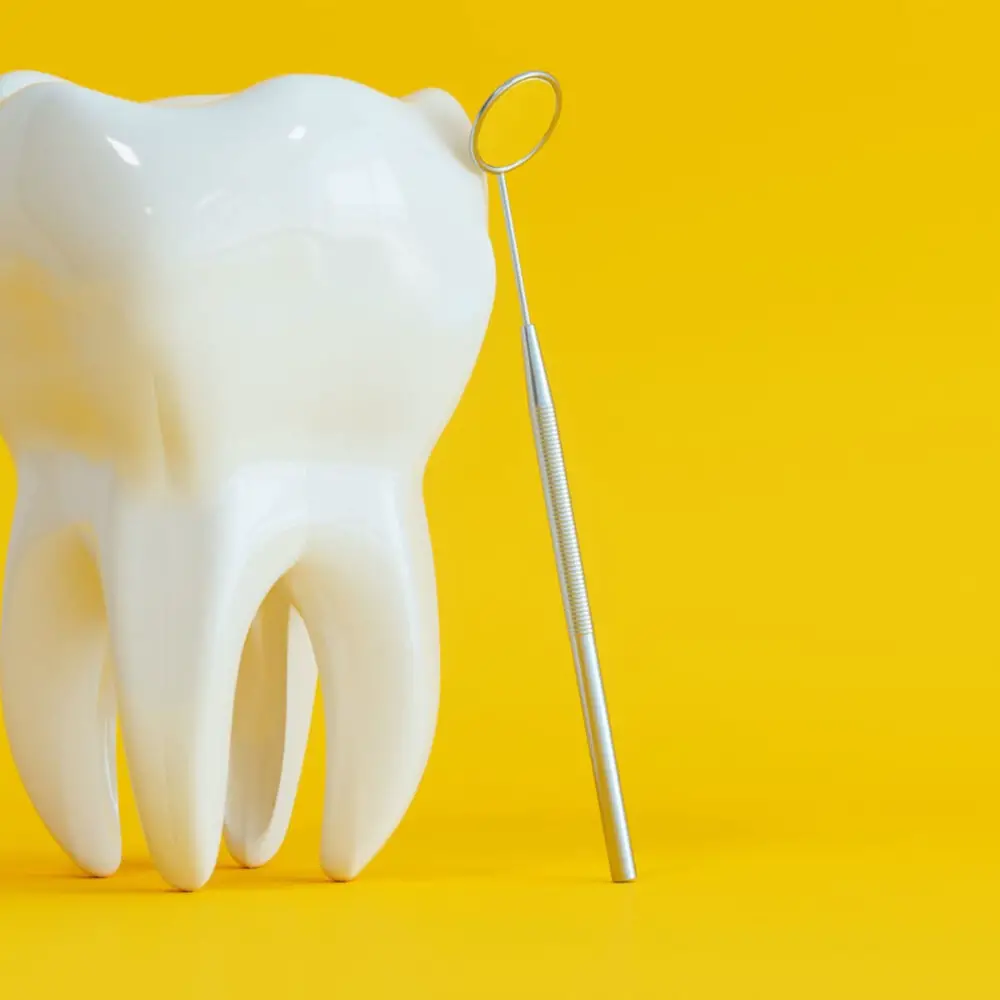
In conclusion, reducing swelling after wisdom teeth extraction is crucial for a speedy recovery and minimizing discomfort. The five effective ways discussed in this article – applying ice, keeping the head elevated, using essential oils, taking over-the-counter medication, and eating soft foods – are all natural and easy to implement. It’s important to remember to follow your dentist’s post-operative instructions and to listen to your body during the healing process. With proper care and attention, you can minimize swelling and get back to feeling like yourself in no time.

